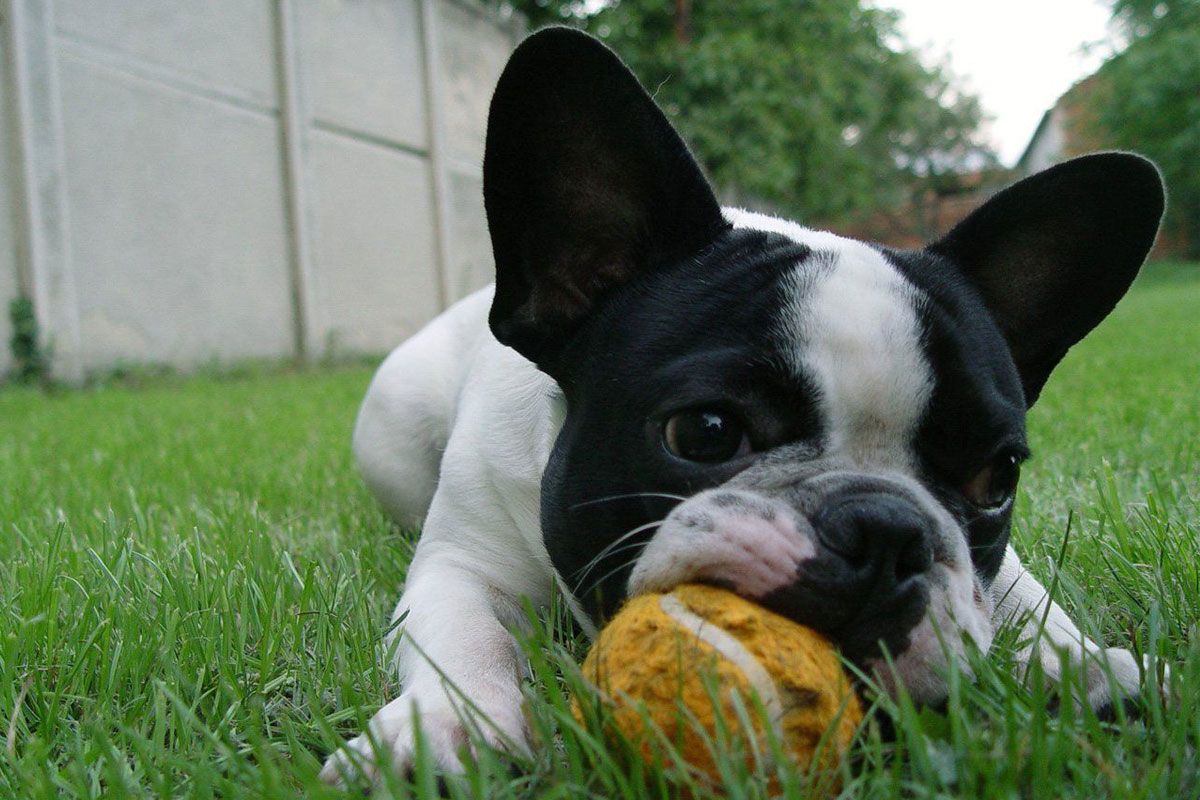It might seem surprising, but in today’s fast paced world, cases of depression are on a rise. The condition is not just common among humans, but among dogs too. But many people wonder “Do dogs even get depressed?” and the answer is yes, they absolutely do!
Depression can affect your dog at any time. It is not always associated with a huge loss, but something like a physical condition can also trigger depression among dogs. When it comes to dog training, depression can be a huge hurdle. But the best part is that dog depression cannot go unnoticed. There are several common warning signs and most of them are very similar to the signs of depression in humans. So here is how you can identify canine depression.
Sleeping Too Much
It is true that dogs sleep a lot. This behavior is typical when the owner is gone for work, but the owner is back, the dog is usually responsive. But if you notice your dog sleeping or not responding to your presence, then something is definitely wrong with your dog.
This habit can make dog training almost impossible. So it is important to discuss this behavior with the vet.
Changes in Eating Habits
When it comes to eating habits, dog behavior is quite similar to humans. When depressed, some dogs will eat less. They may refuse their favorite treat and can also lose weight. But on the other hand, there are some dogs who eat more when they are depressed. This overeating is a form of comfort and they end up gaining weight. If you notice a sudden change in the eating habits of your dog, this may be a warning sign of depression.
Loss of Interest
Whether it is a walk or playing outdoors, dogs by nature enjoy being active. But if you notice that your dog is less active than normal, and seems to lose purpose, then probably your dog might be experiencing depression.
This loss of interest can make it very difficult to take your dog for a walk or play. As a result, you will have trouble finding opportunities for dog training.
Excessive Licking of Paws
Dogs lick their paws often. Sometimes it is due to various skin conditions such as bacterial infection, dry skin, or eczema. But if you notice that your dog is licking their paws excessively and are also showing some of the other warning signs mentioned above, then it could be likely that your dog is depressed.
Fortunately, dog depression can be easily treated. All it needs is a lot of love, cuddles, and modification of specific behaviors. If you are not sure how to deal with a dog who has lost interest or is licking its paws extensively, contact KC Dawgz. To know more about how we do it or to book a spot for your dog, call us at (913)-217-7288.





